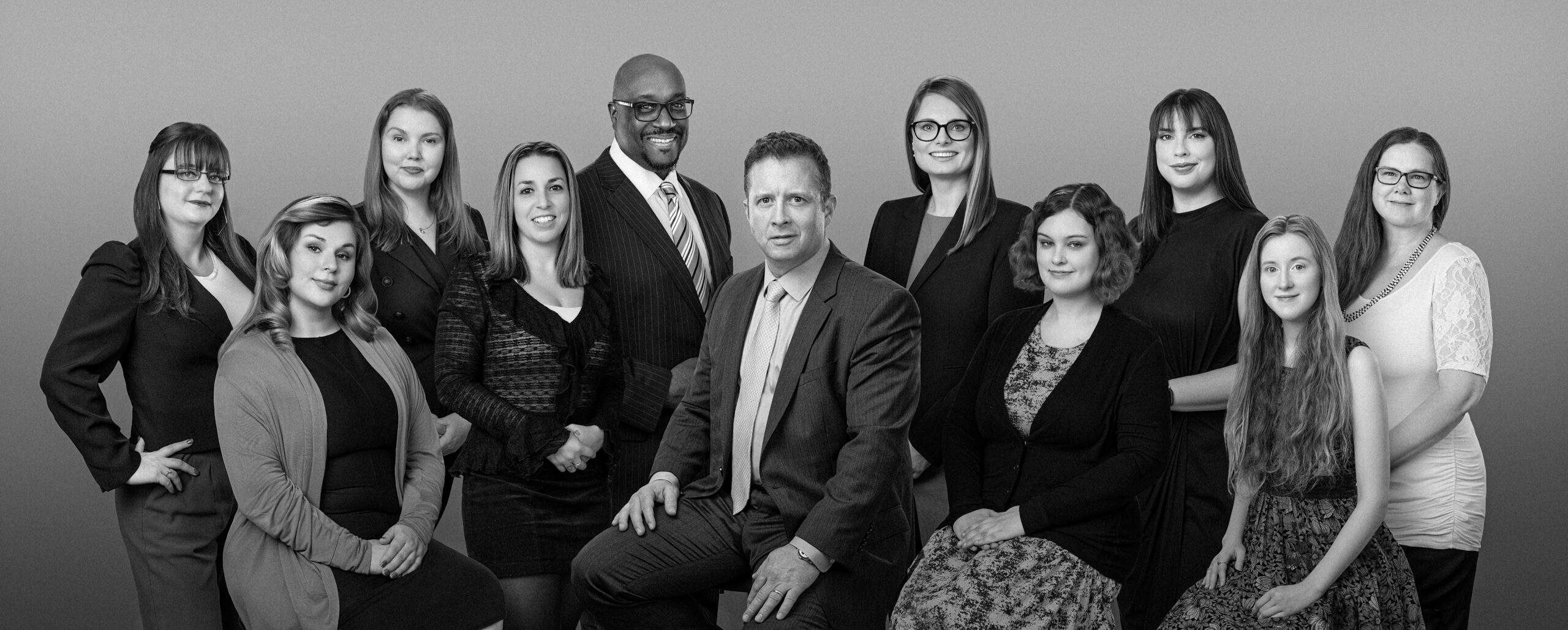Motorcycle Accident Claims
Motorcycle accidents often lead to serious injuries and financial stress. When we file a claim, the way insurance companies respond plays a major role in the outcome. Their goal is to limit what they pay, while our goal is to recover fair compensation for the harm we suffered. Knowing how these claims are handled helps us prepare and avoid common challenges.
Initial Claim Review
After a motorcycle accident, the insurance company starts by reviewing the claim. They assign an adjuster whose job is to investigate the details. This includes speaking with involved parties, reviewing police reports, and looking at medical records. While this process may seem straightforward, we must remember the adjuster works for the insurance company and their primary responsibility is to protect the company’s financial interests.
Requests For Statements
One common step is asking us to provide a recorded statement. This may seem like a routine request, but statements can later be used to limit or deny parts of the claim. For example, if we downplay pain or make uncertain comments, insurers may argue the injuries are not as serious as reported. It is often better to avoid giving detailed statements without legal guidance.
Evaluating Medical Evidence
Insurance companies rely heavily on medical records when deciding how much to offer. They will look at whether we sought immediate treatment, followed through with care, and whether the injuries are consistent with the accident. Gaps in treatment or delays in care can be used against us. Maintaining complete records and following medical advice is one of the best ways to protect our claim.
Determining Fault
Fault is a central issue in motorcycle accident claims. Insurance companies investigate whether we contributed to the accident, for example, by speeding or not wearing proper safety gear. In Washington, comparative negligence laws allow insurers to reduce compensation if they can show we were partly at fault. This makes it even more important to have strong evidence that supports our version of events.
Settlement Offers
After their review, the insurance company often makes a settlement offer. Early offers are usually lower than what a claim is worth. They are designed to close the case quickly before the full extent of injuries and losses are known. Accepting too soon can leave us without the resources needed for long-term recovery. Taking time to fully evaluate medical needs and financial losses is essential.
Disputes And Delays
It is not uncommon for insurance companies to dispute parts of a claim. They may question medical treatment, argue that some injuries were pre-existing, or delay responses in hopes we will settle for less. Being prepared for these tactics helps us stay focused on what we are entitled to receive.
Why Legal Support Matters
Handling a motorcycle accident claim against an insurance company is not easy, especially while recovering from injuries. Working with a Seattle, WA motorcycle accident lawyer gives us the support needed to gather evidence, respond to insurers, and pursue fair compensation. At Herschensohn Law Firm, PLLC, we are committed to standing up for injured riders and their families.
If you or a loved one has been hurt in a motorcycle accident, contact us today. We can review your case and discuss the best path forward to pursue the compensation you deserve.

